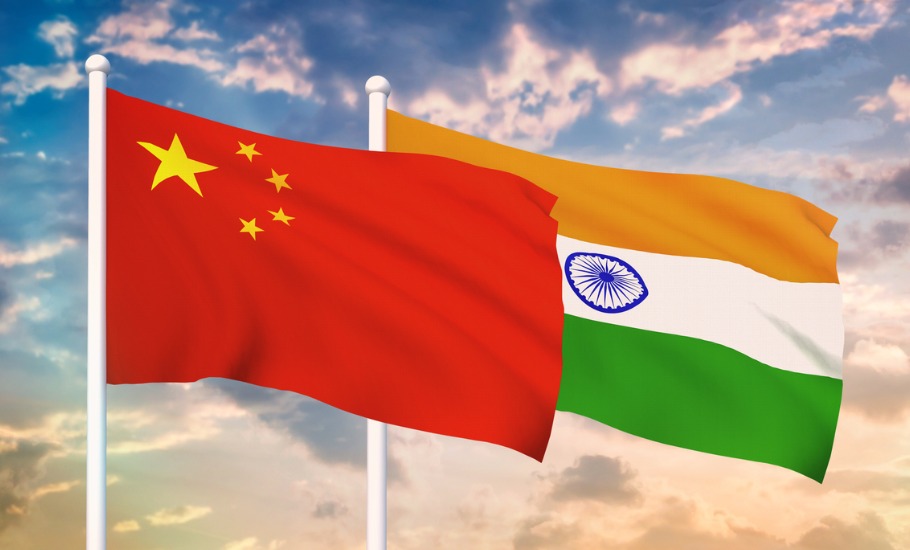
China slams Indo-US military drills, says it violates bilateral deal

China’s defence ministry on Thursday (August 25) said it was firmly opposed to any third party “meddling” in the border issue and hoped India would abide by the bilateral agreements not to hold military drills near the Line of Actual Control (LAC), the very pacts it has been accused of violating in eastern Ladakh leading to a prolonged standoff.
Senior Colonel Tan Kefei, a spokesperson for China’s Ministry of National Defence (MND), made the comments while replying to question about reports of special forces of the US and India recently holding a joint combat exercise in the southern foothills of the Himalayas and their plans to conduct a joint military exercise code-named “War Exercise” (Yudh Abhyas) in October close to the border.
“We firmly oppose any third party to meddle in the China-India border issue in any form,” Tan told an online press conference in Beijing. Tan said that China has always stressed that military cooperation of relevant countries, especially on exercises and training activities, should not be targeted at any third party, but rather serve to help maintain regional peace and stability.
Also Read: Ship berthing at Lanka port does not affect any country, says China
The China-India border issue is a matter between the two countries. Both sides have maintained effective communications at all levels and agreed to properly handle the situation through bilateral dialogues, he said.
In light of the relevant agreements signed by China and India in 1993 and 1996, neither side is allowed to conduct military exercises against the other in areas near the Line of Actual Control, he was quoted as saying by the Chinese Defence Ministry online.
“It is hoped that the Indian side will strictly abide by the important consensus reached by the leaders of the two countries and the relevant agreements, uphold its commitment to resolving border issues through bilateral channels and maintain peace and tranquility in the border area with practical actions,” he said.
The Chinese Defence Ministry’s reference to 1993 and 1996 agreements is interesting as the Peoples Liberation Army (PLA) attempts to move a large number of troops to the disputed areas in the LAC in eastern Ladakh in May 2020 has sparked a major military standoff which is still continuing.
Also Read: China unveils world’s first suspended maglev ‘sky train’; see pictures
India has said the PLA’s actions were in violation of the bilateral agreements. As a result of a series of military and diplomatic talks, the two sides completed the disengagement process last year on the north and south banks of the Pangong lake and in the Gogra area.
So far, the two sides have held 16 rounds of Commander level talks to resolve the standoff. India has been consistently maintaining that peace and tranquility along the LAC were key for the overall development of bilateral ties.
External Affairs Minister S Jaishankar, who is currently in Latin America on a six-day visit, last week said that China has disregarded the border pacts with India, casting a shadow on the bilateral ties. He asserted that a lasting relationship cannot be a one-way street and there has to be mutual respect.
“They (Chinese) have disregarded that. You know what happened in the Galwan Valley a few years ago. That problem has not been resolved and that is clearly casting a shadow,” Jaishankar said in Sao Paulo, Brazil on Saturday (August 24).
Also Read: 22 arrested in instant loan app racket; Rs 500 crore siphoned off to China
India and the US will kick-start an over two-week-long mega military exercise in Uttarakhand’s Auli in October amid the fast-evolving regional security scenario. The 18th edition of exercise “Yudh Abhyas” is scheduled to take place from October 14 to 31, sources in the defence and military establishment said earlier in August.
A number of complex drills are being planned for the mega exercise, they said. The last edition of the exercise took place in October 2021 in Alaska in the US.
(With inputs from agencies)


